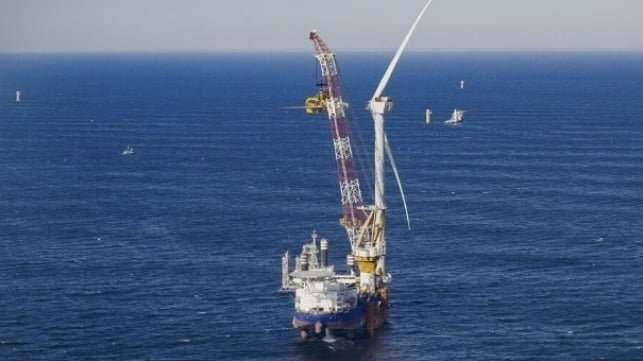States File Lawsuit to Stop Trump’s Blockade on Wind Energy Projects
A coalition of states involved in offshore and onshore wind energy projects recently took legal action to halt the implementation of President Trump’s executive order suspending and reviewing leasing for wind energy projects. The group of states filed a lawsuit in federal district court on May 5, labeling the blockade on wind energy projects as “unlawful” and seeking a preliminary injunction to prevent the administration from enforcing the freeze while the litigation is ongoing.
New York State Attorney General Letitia James condemned the administration’s directive, stating that it threatens the loss of thousands of jobs, billions in investments, and delays the transition away from harmful fossil fuels. The indefinite blockade could also jeopardize clean energy investments and harm economic development in the states involved.
The White House dismissed the lawsuit as “lawfare” orchestrated by Democratic attorneys general and linked wind energy to the Democrats’ climate agenda. The administration defended its actions as necessary to promote American energy independence and lower prices.
President Trump signed an Executive Order in January suspending federal approvals for wind energy projects and initiating a review of the industry and licensing process. The Department of the Interior subsequently halted construction on New York’s Empire Wind project, even though it was fully licensed. The EPA revoked an air permit for a planned offshore wind farm in New Jersey, and funding for a research project in Maine on floating wind turbines was suspended.
Massachusetts Attorney General Andrea Joy Campbell criticized the President’s efforts to impede wind energy development, highlighting the contradiction between his claims of a national energy emergency and actions hindering clean energy growth. The lawsuit argues that the administration lacks the legal authority to halt the permitting process, citing violations of the Administrative Procedure Act.
The coalition of states, including Massachusetts, New York, California, and others, is urging the court to intervene and declare the approval blockade unlawful. They seek to prevent the enforcement of the executive order and resume the wind energy permitting process to meet increasing energy demand.
Developer Equinor has also threatened legal action against the federal order affecting its New York project. While some industry players have shifted focus to offshore wind projects in other regions, the legal battle underscores the importance of wind energy development in the United States.

